Virtual Lab: Lipid Analysis Using the Sudan IV Test
Have you ever been curious about the nature of fats? Explore lipid structures and learn how to test for the presence of lipids in various food samples.
The AI- and XR-powered STEM catalog offers course packages designed to enhance the teaching of science, technology, engineering, and mathematics. Each simulation is meticulously crafted to align with STEM curricula, immersing students in real-world scenarios that foster comprehension and critical thinking. With seamless LMS integration, educators and students can easily access these innovative simulations, monitor progress, and engage with cutting-edge tools—all within existing academic systems.
Showing 33 - 48 of 937 results
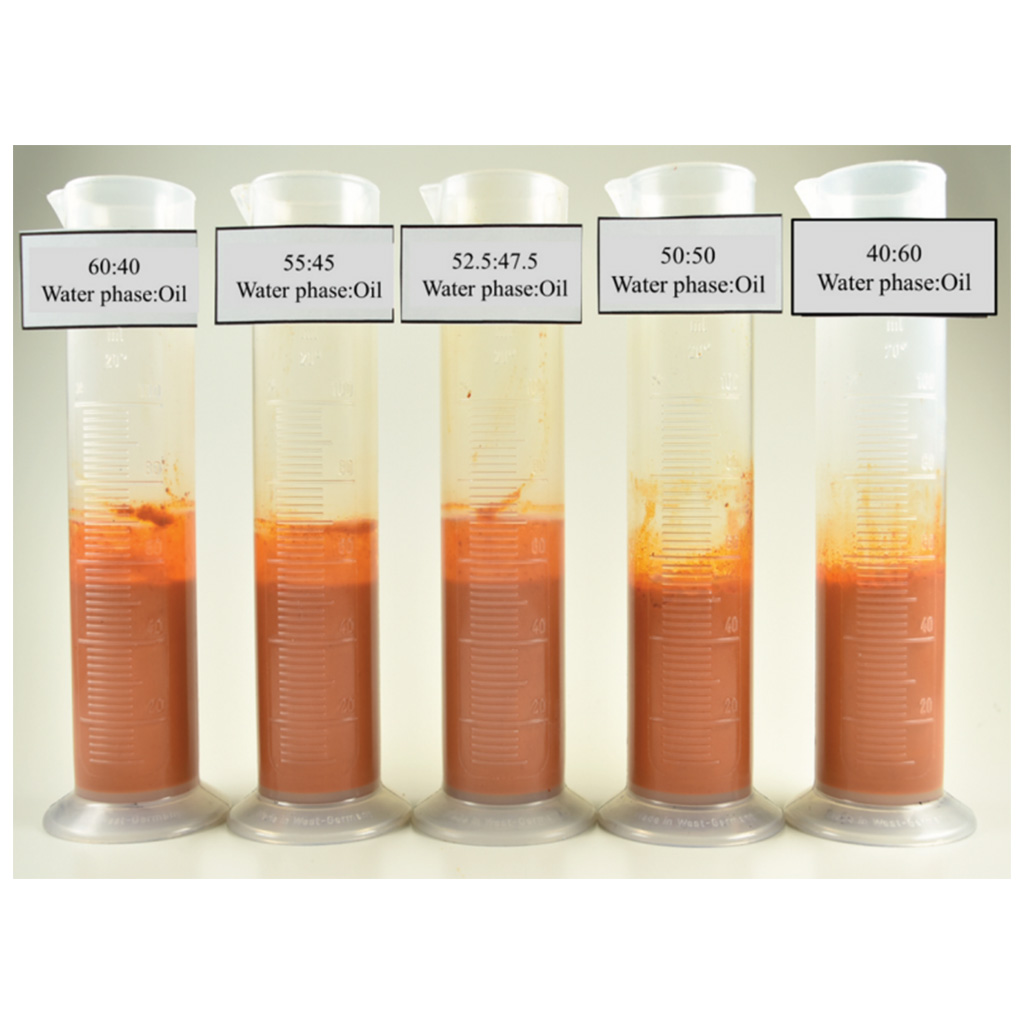
Have you ever been curious about the nature of fats? Explore lipid structures and learn how to test for the presence of lipids in various food samples.
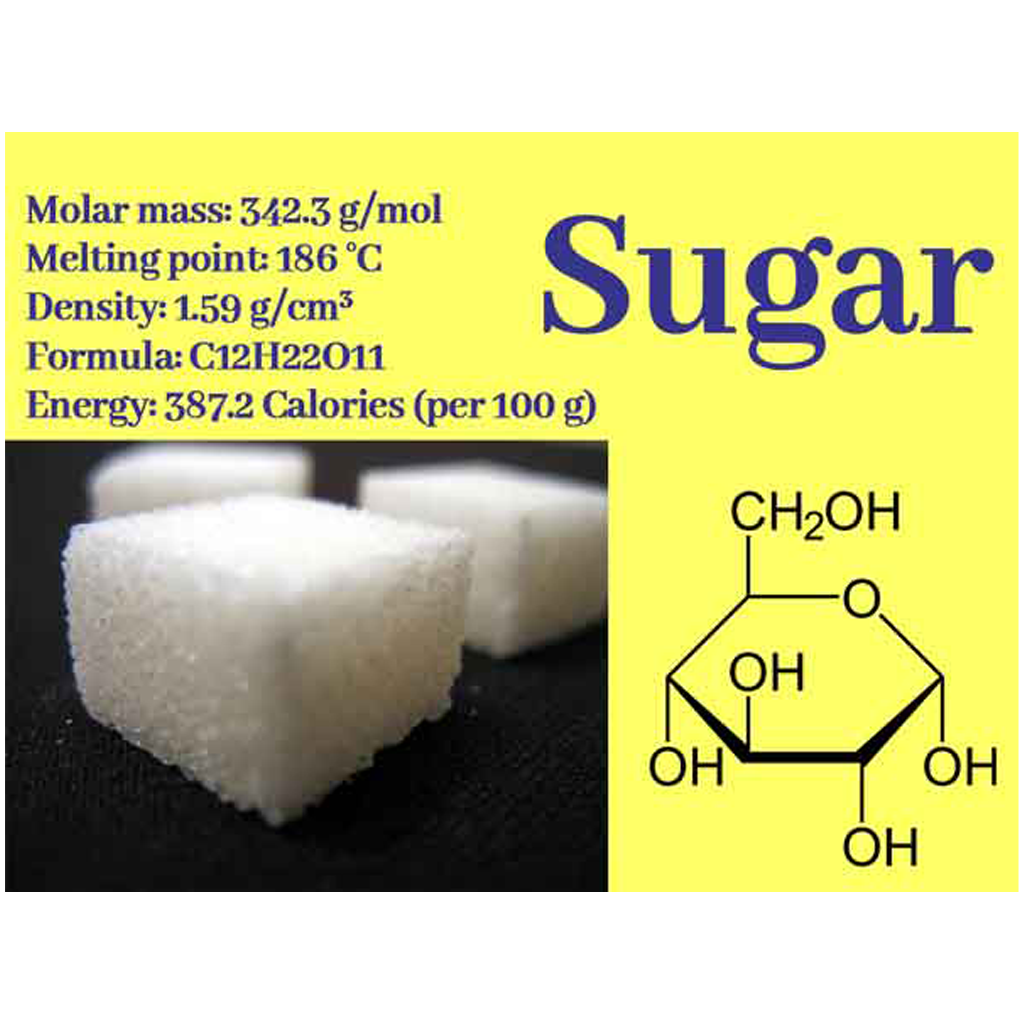
Have you ever been curious about the nature of starch? Explore the composition of complex carbohydrates and find out how you can conduct tests to detect the presence of these compounds in food samples.
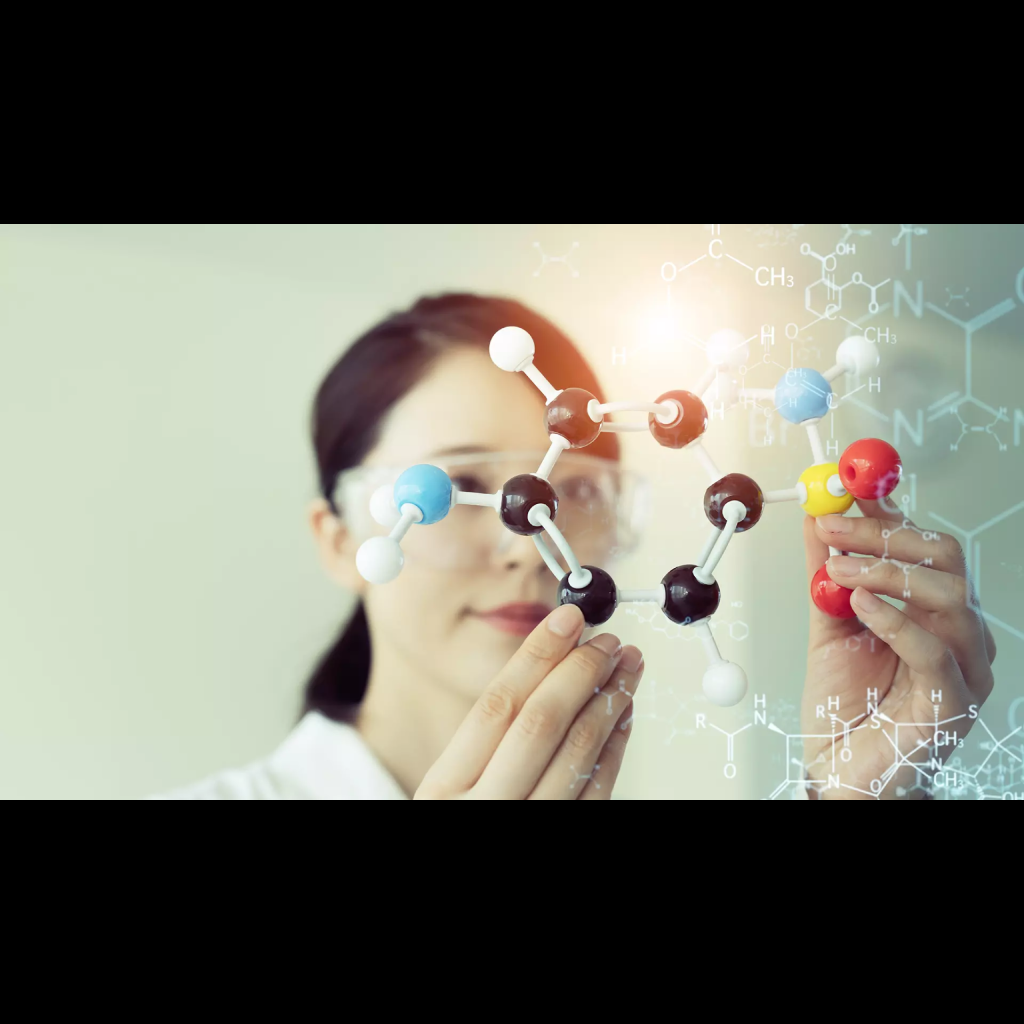
Embark on a reactivity reconnaissance expedition to Titan, delving into the mysteries of this hydrocarbon-rich world. Can you employ your understanding of electrophilic addition reactions to pinpoint hydrocarbons suitable for constructing an extraterrestrial colony on Titan?
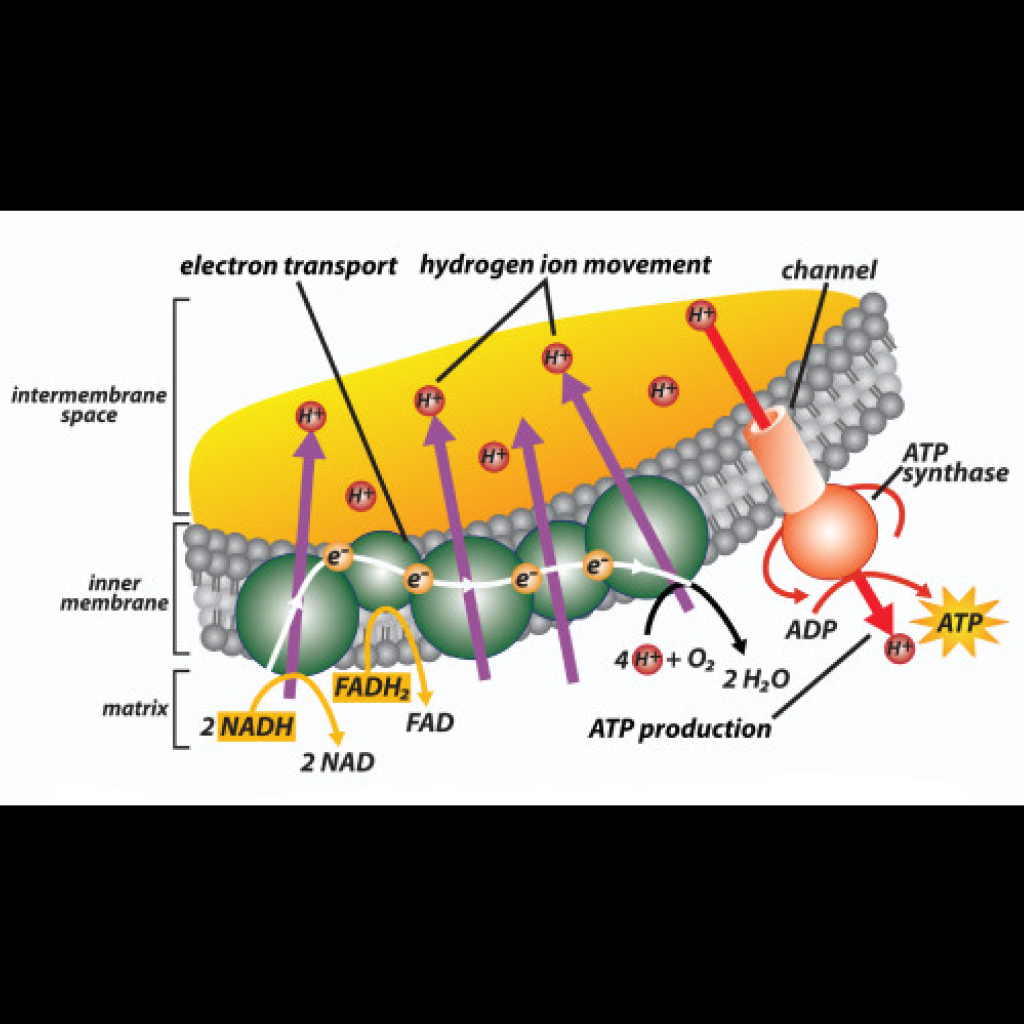
Assist a team of engineers in determining whether an enigmatic dark alga has the capability to conduct photosynthesis utilizing green light and measure this phenomenon through the Hill reaction. If successful, your efforts will contribute to devising a sustainable strategy that harnesses sunlight and pollution sources
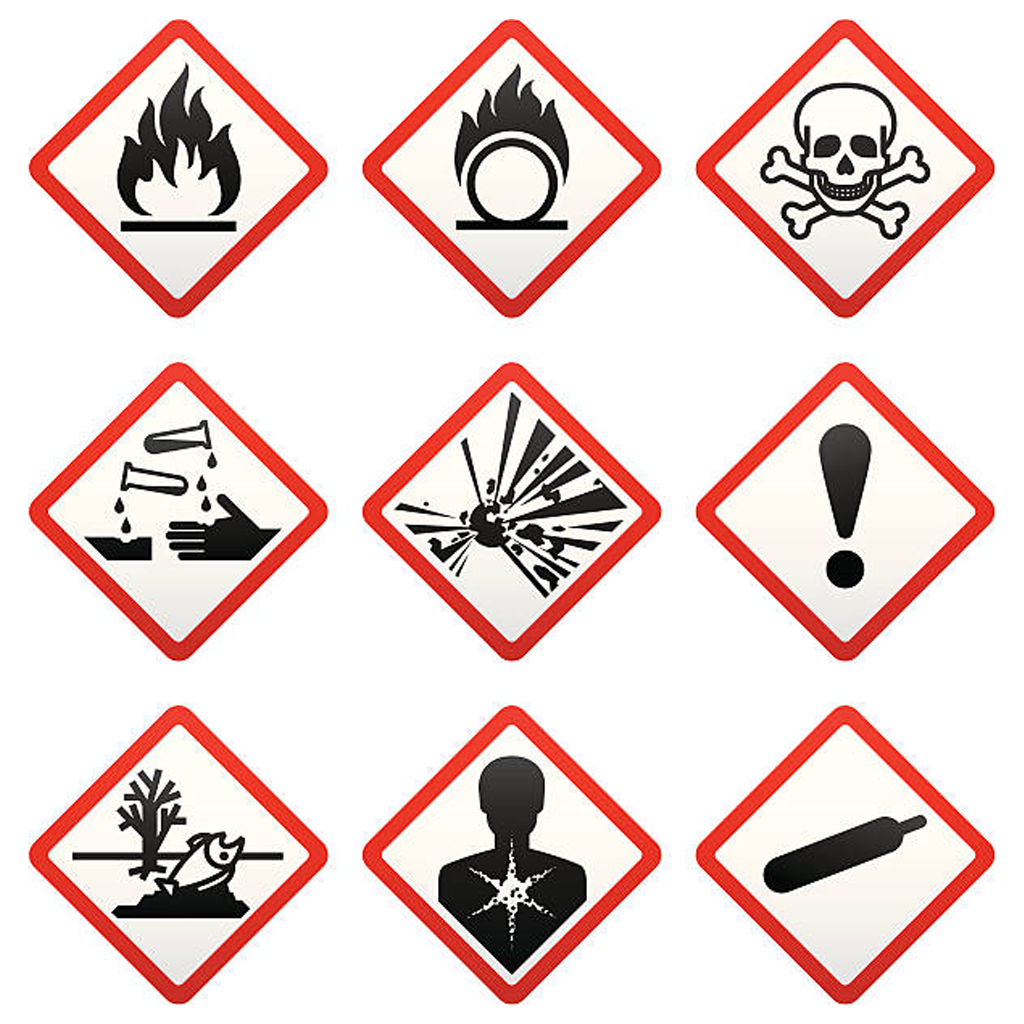
Team up with lab assistant Marie to explore the process of determining appropriate laboratory procedures and selecting the necessary personal protective equipment for handling potentially dangerous chemicals. Grasp the significance of hazard symbols and put your understanding into practice with real-life examples of ch
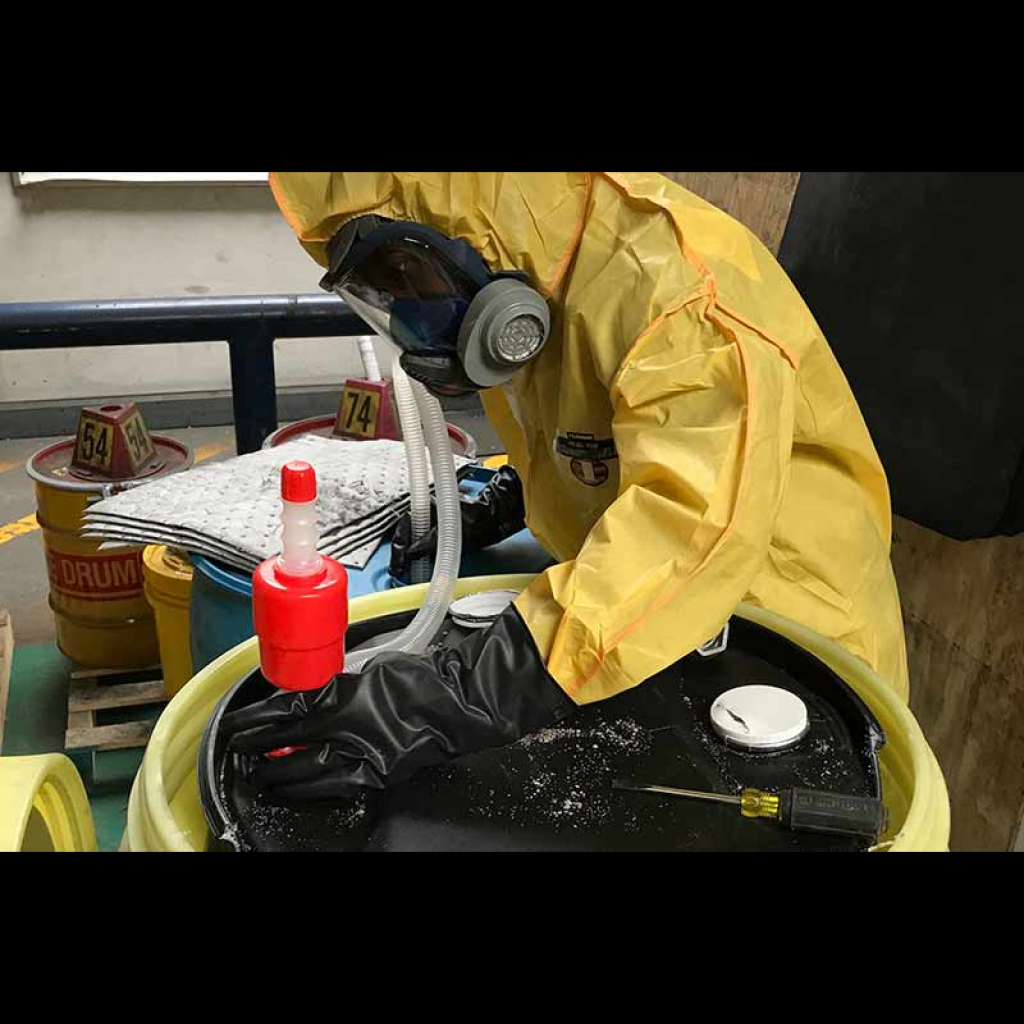
Collaborate with lab assistant Marie as you work together to tidy up the fume hood following a messy situation left behind by certain students in the laboratory. Gain valuable insights into effectively utilizing your understanding of the necessary chemicals for an experiment and employ this knowledge to ensure the safe
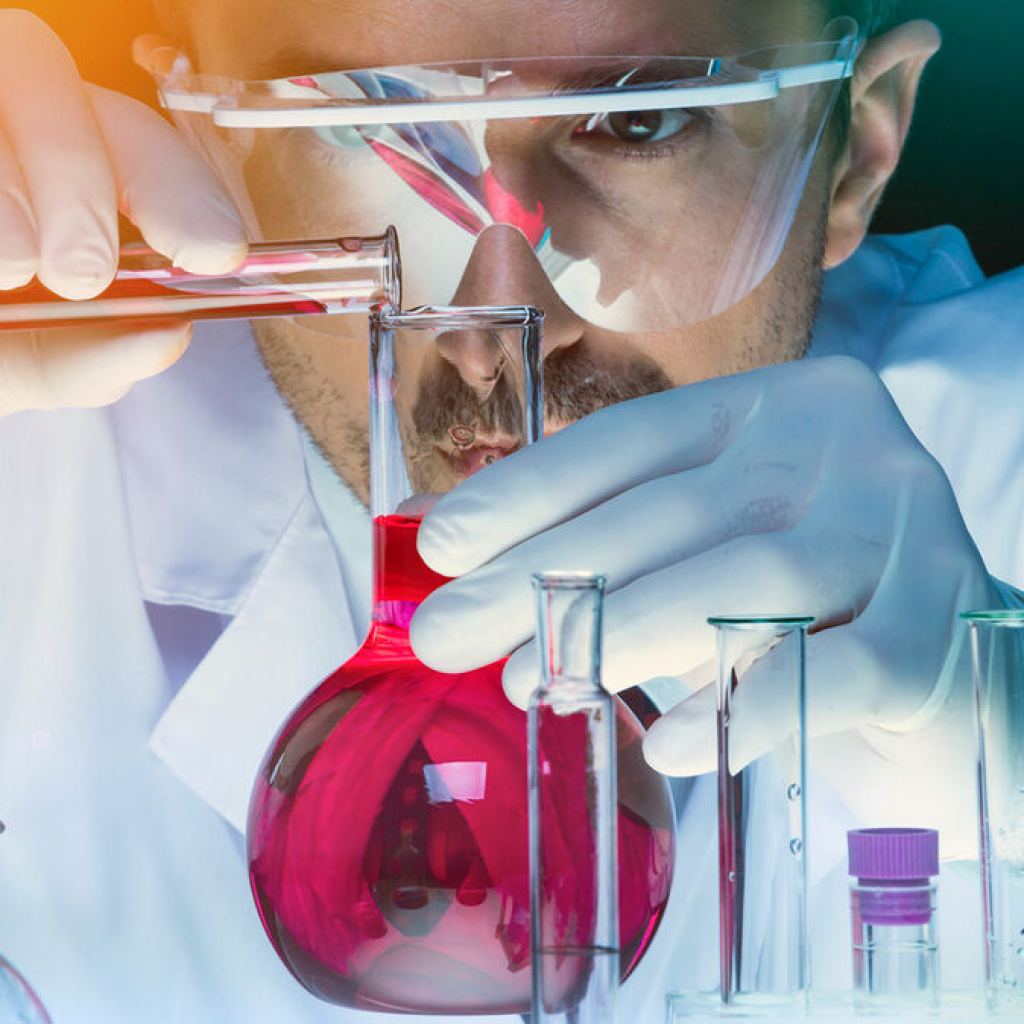
Experience a day as an alchemist! Create the names of inorganic compounds and discover their practical uses. Can you decipher all 16 transmutation patterns?
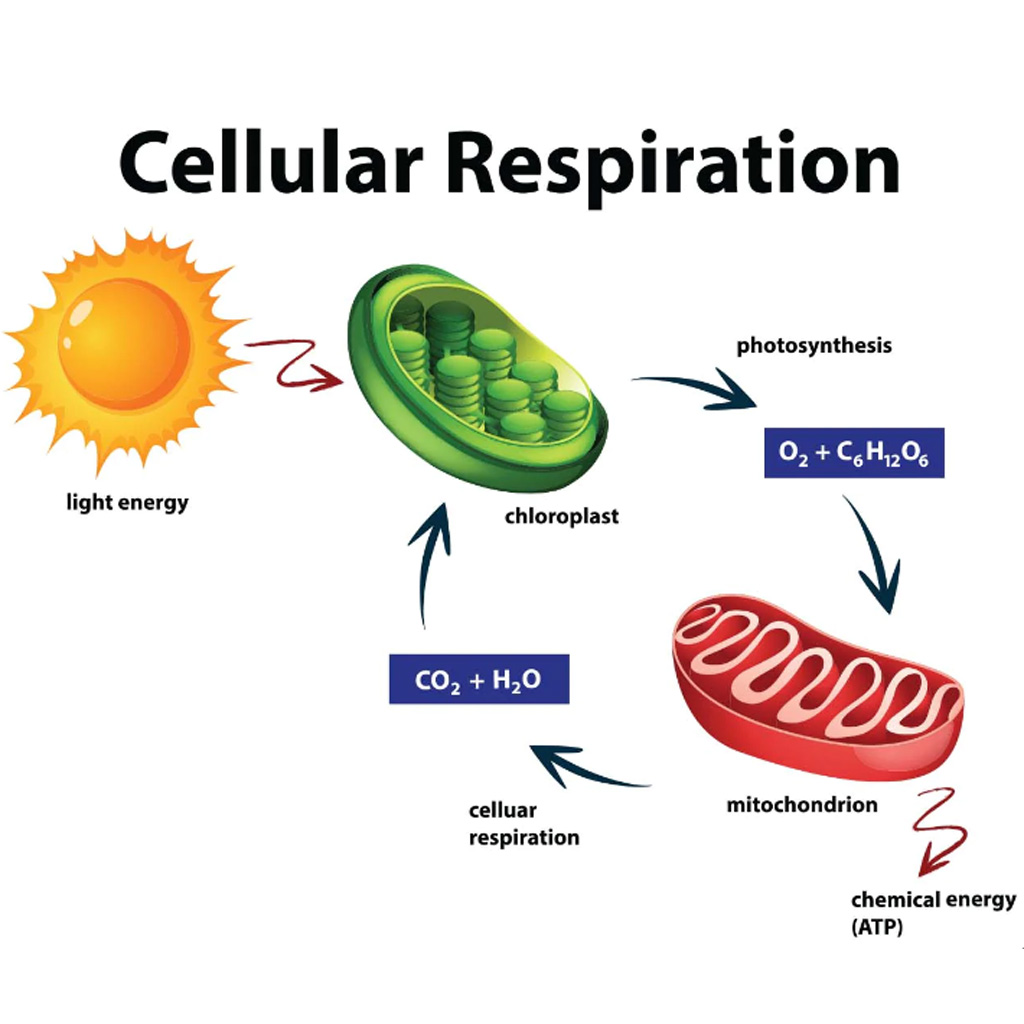
Assist basketball players in comprehending the conversion of dietary nutrients into energy, involving glycolysis, the Krebs cycle, and the electron transport chain. Employ a mouse model to investigate the impact of exercise intensity on oxygen and glucose utilization.
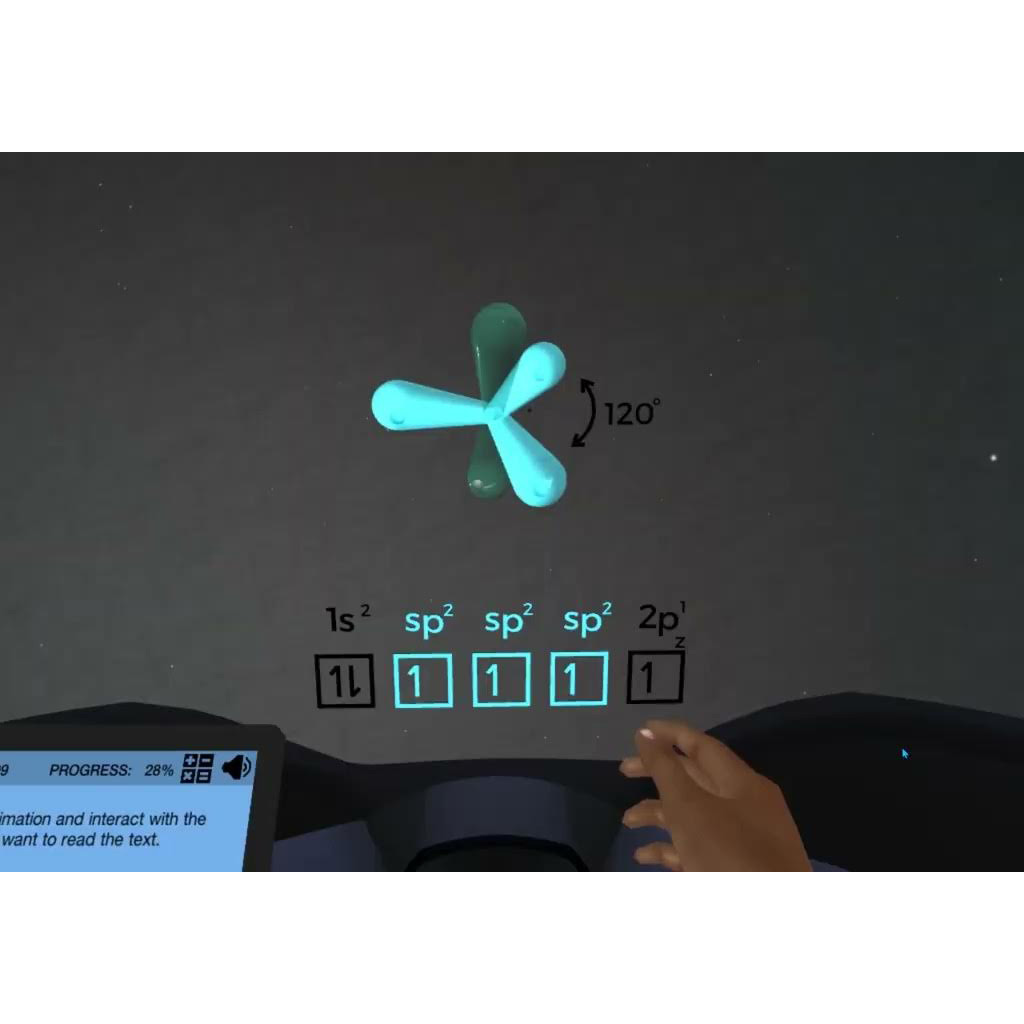
Accompany iXGenie on an expedition to unravel the hybridization of carbons valence electron orbitals and its profound impact on the bonds that carbon can establish.
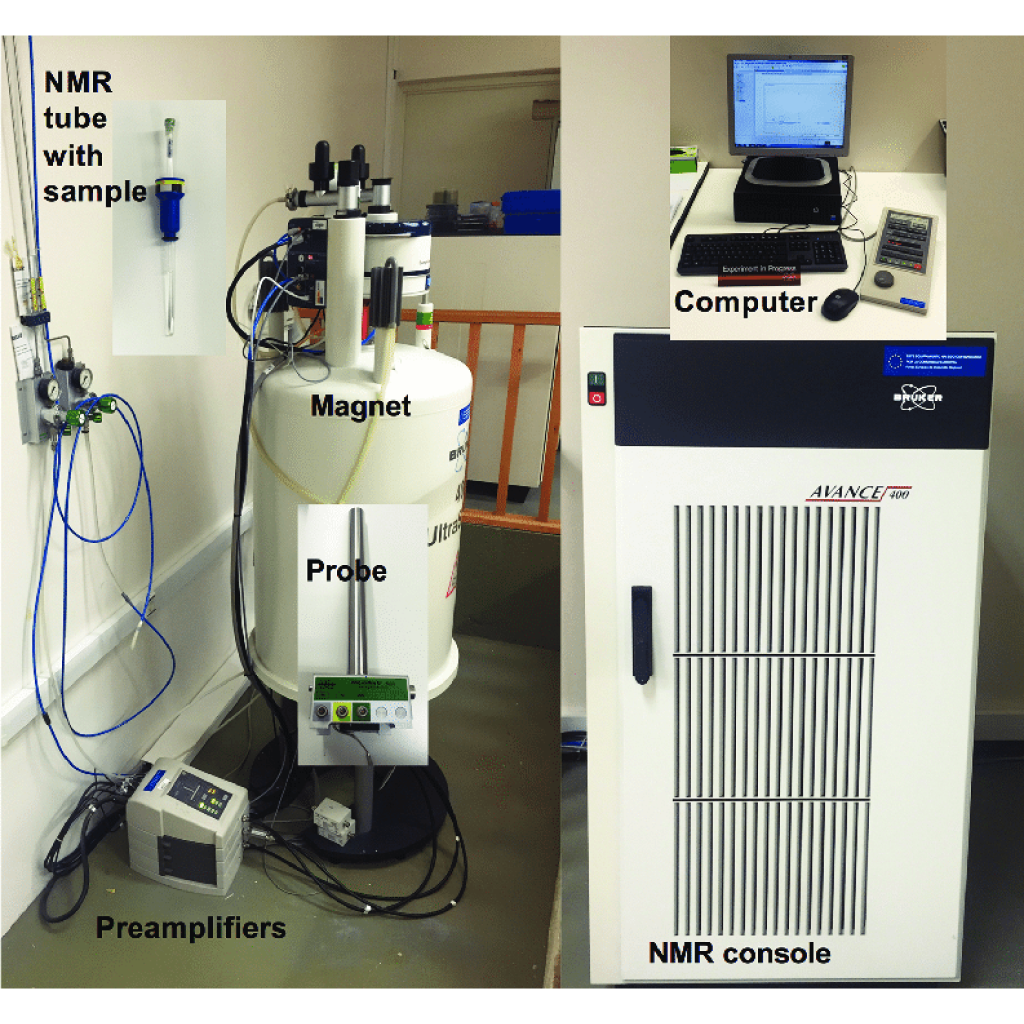
Assist Yummy Food Inc in navigating the challenges posed by the shutdown of their food factory. Explore the fundamentals of carbon-13 NMR analysis and decipher the spectrum of an enigmatic, unlabeled compound theyve incorporated into their food and beverages.
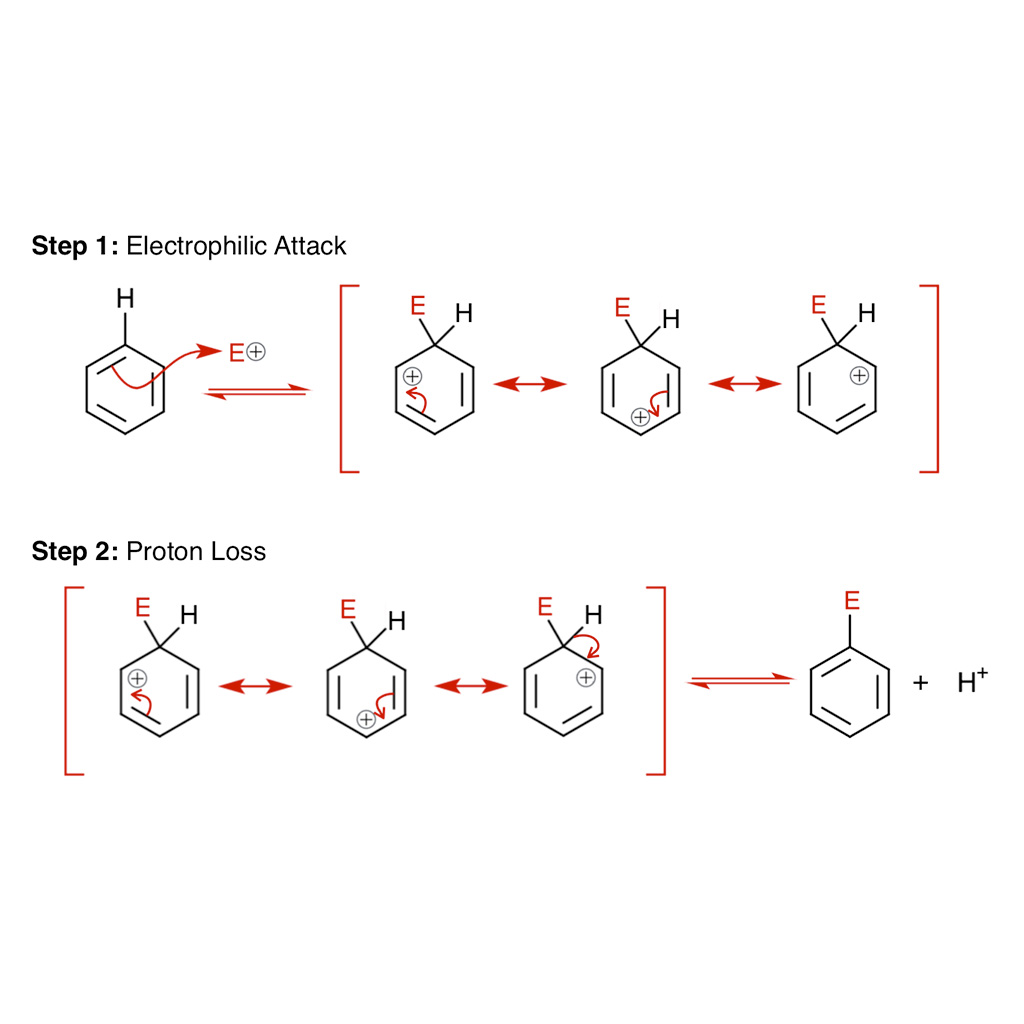
Enter the virtual classroom and unravel the mysteries of electrophilic aromatic substitution. Investigate the reaction mechanism, the impact of activating and deactivating groups, and the stability of various resonance structures. Can you assist in crafting the ideal perfume?
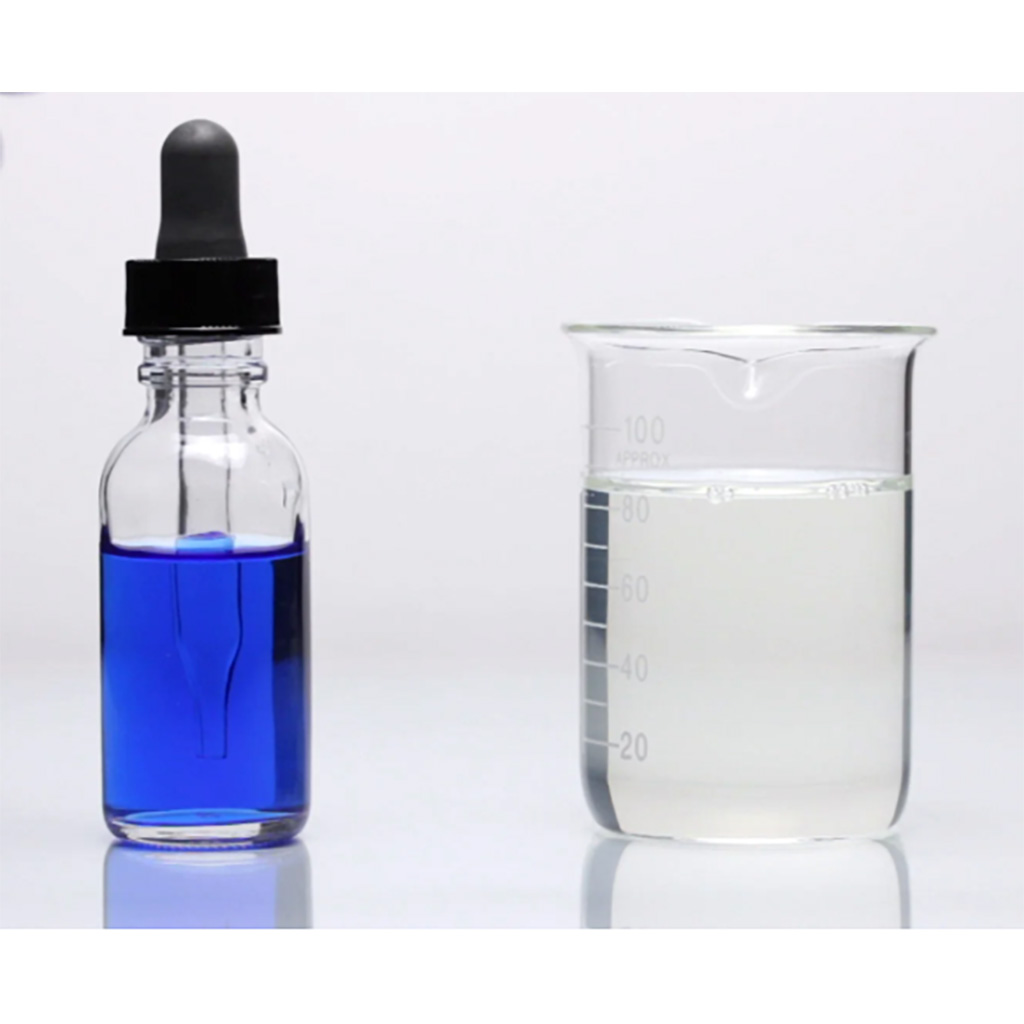
Ever Been Curious About the Nature of Proteins? Explore Protein Structure and Learn How to Detect Its Presence in Food Samples.
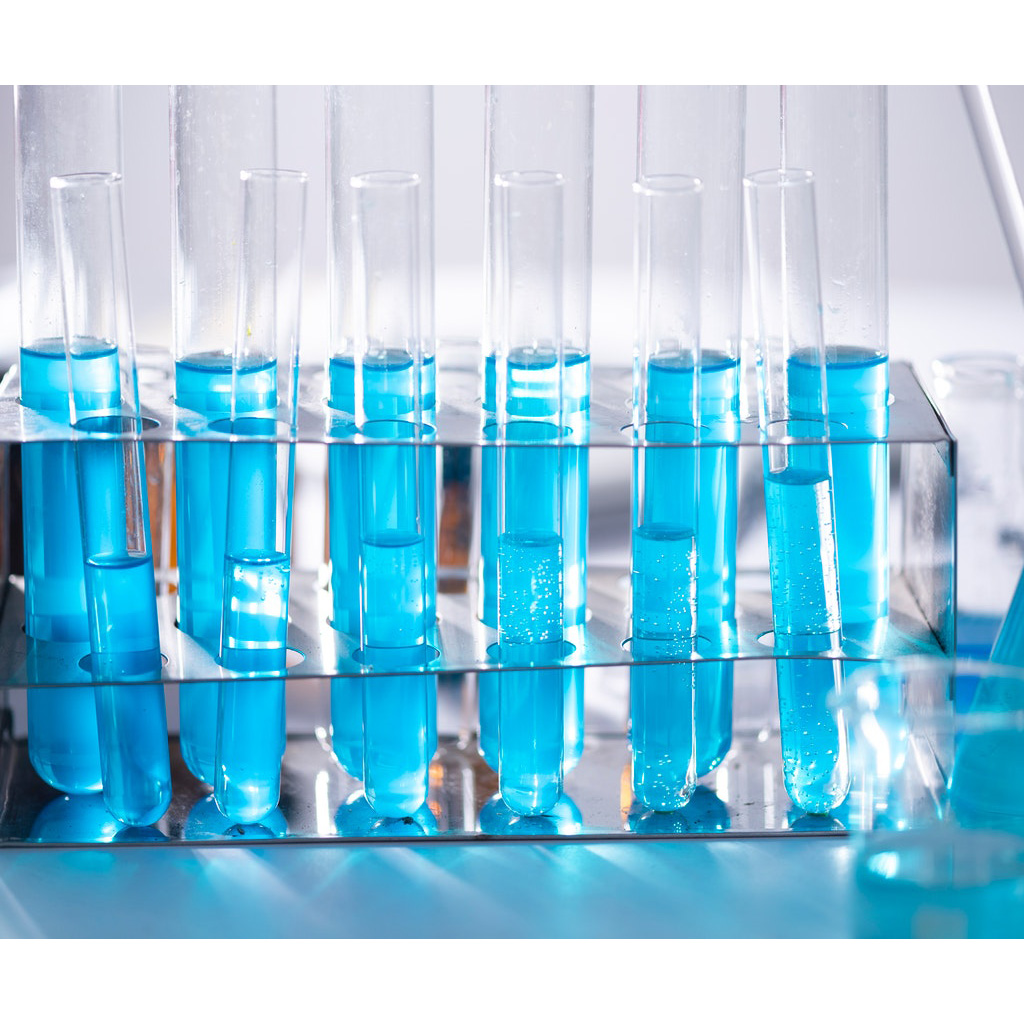
Have you ever been curious about the nature of simple sugars? Uncover the structure of basic carbohydrates and learn how to detect the presence of these sugars in food samples.
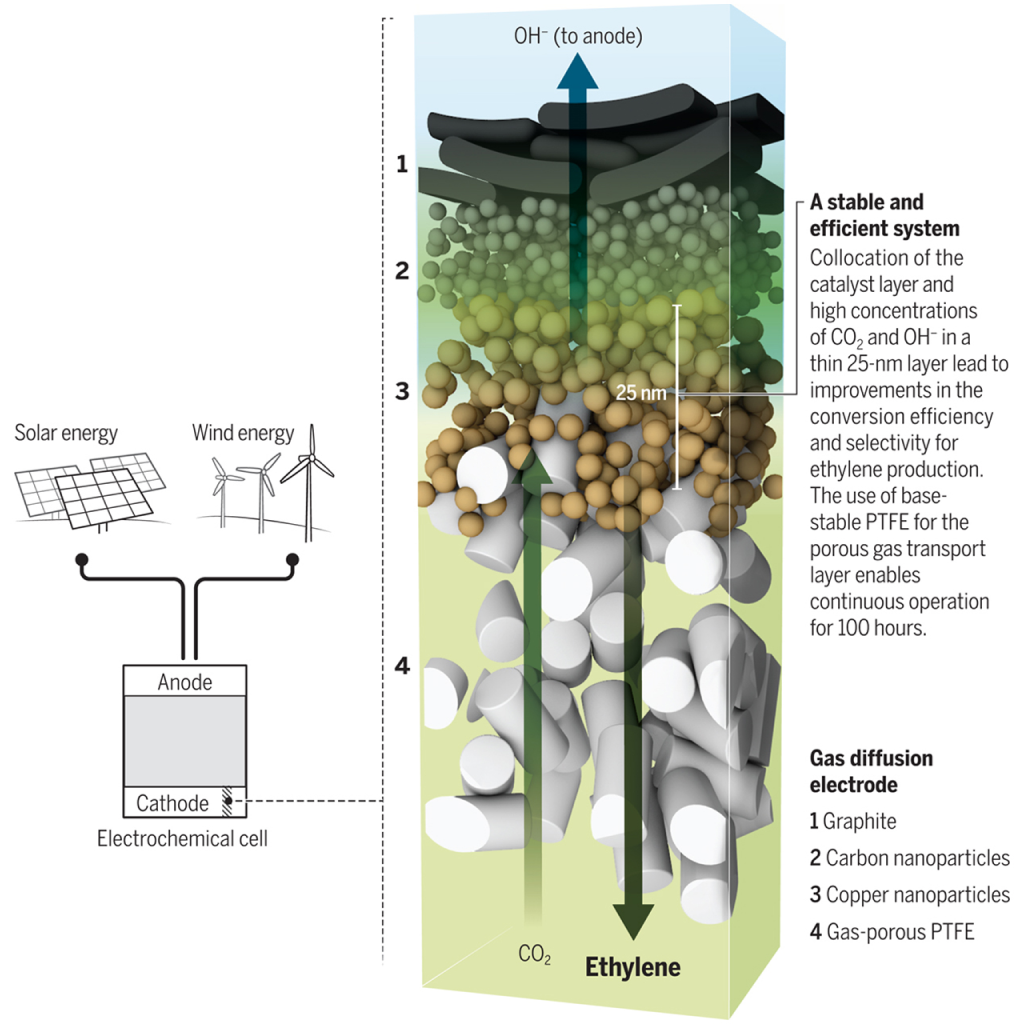
Grasp the fundamental principles of thermodynamics and utilize bomb calorimetry techniques to contribute to the resolution of renewable energy storage challenges.
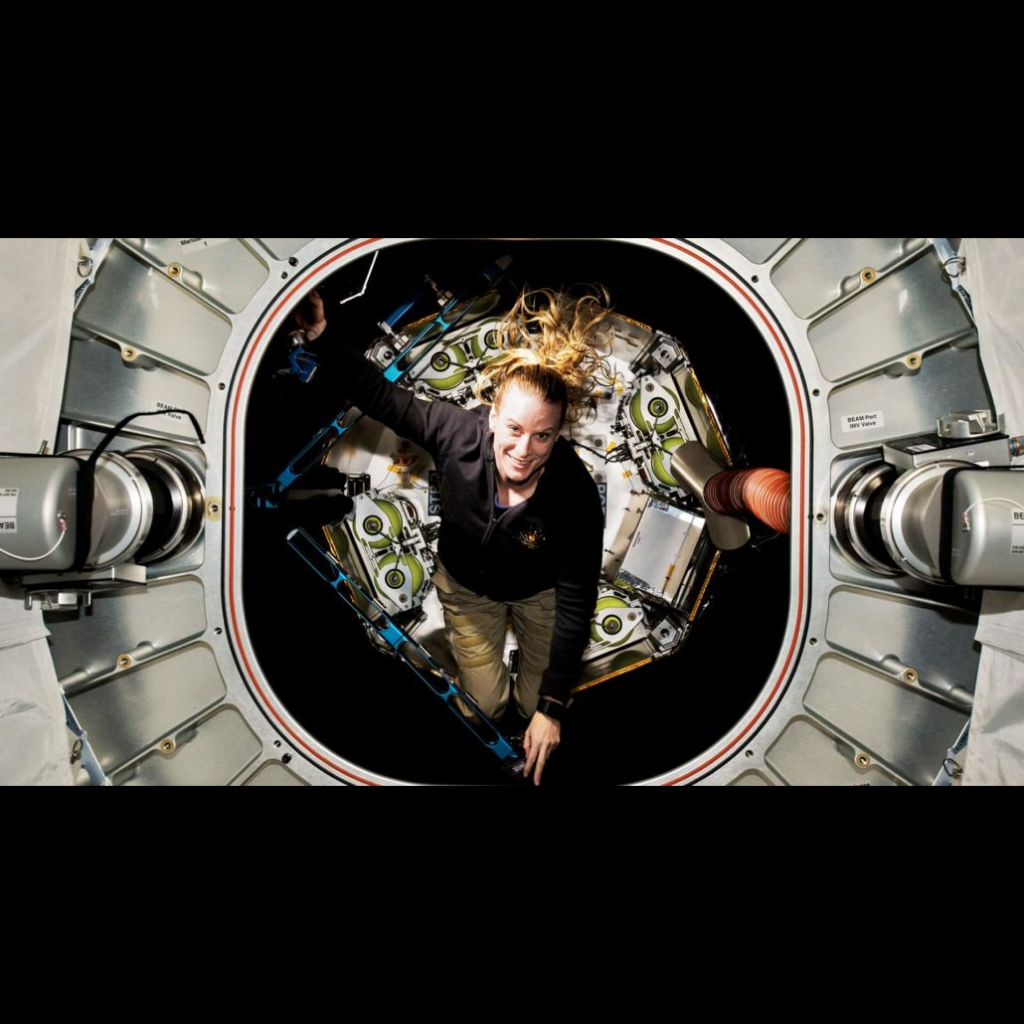
Explore the atomic composition of elements and examine samples from an exoplanet to determine the potential for sustaining life. Distinguish between atoms and ions, and elucidate the concept of isotopes within an element.
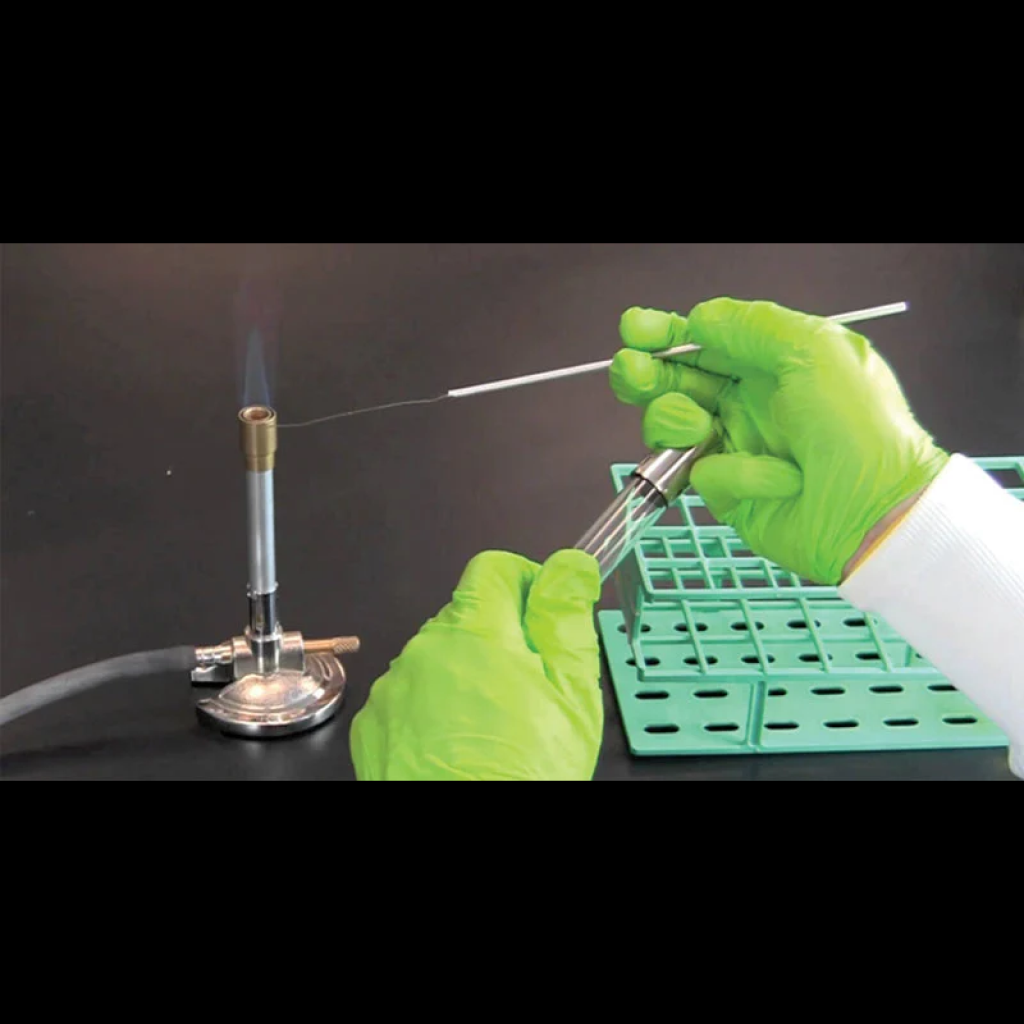
Assist a microbiologist in creating a pristine culture for the identification of an infection-causing microbe. Employ proper aseptic techniques to prevent sample contamination, prioritize your safety, and minimize unexpected lab incidents, such as fires.